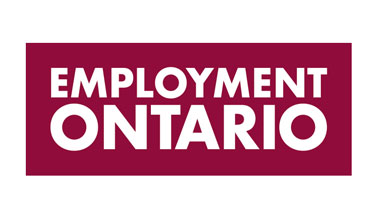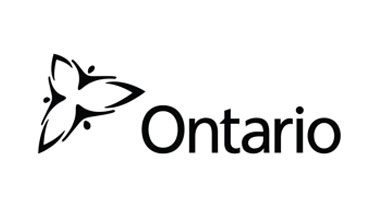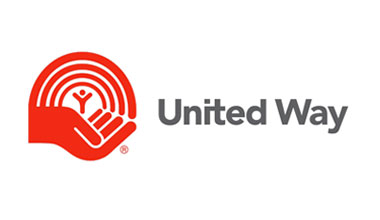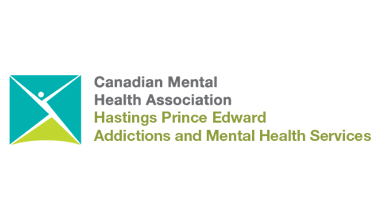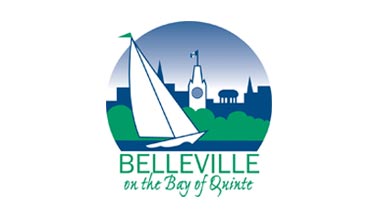Referral Information - KFLA
TAY Youth Transition Process Guidelines:
Core Principle: Focus on Youth’s Needs to Determine Required Services.
Initiating the Referral:
- A referral can be made to the Transitional Connector (TC) at any time after the youth’s 16th birthday (refer to points below)to allow sufficient time for planning the transition from one agency to another for appropriate ongoing mental health and/or addictions service access or to connect with community supports.
- Age 17 - Youth aging out of service at a children’s mental health agency and require ongoing services. For clients with mild and moderate, as well as serious and stable, mental health conditions
- Ages 16 to 24 - Youth requiring intensive case management services or youth requiring ongoing services
Pre–Referral – Identifying and Preparing Youth:
- Current Counsellor can broach the subject of transition, help youth understand the rationale, and consult with youth’s family, if involved. The transition should occur at a time of stability in the client’s life.
- The transition process would be flexible, and based on what the youth prefers, their readiness and what their needs are.
- Current Counsellor discusses with youth how they would like their agency to facilitate the referral.
- In making a referral to the TC, information can be shared with the youth and their families:
- information about youth, adult or other community services and what to expect
- differences in service provision
- issues around confidentiality and parental involvement
Post-Referral - Bridging during the Transition:
- With client consent, specified documentation can be available at the new agency’s request. This may include records, contact summaries, assessments, diagnosis if available, etc. Intake begins at the new agency.
- TC can call the new agency on behalf of the client, set-up the intake appointment, share information with consent, and accompany the client to the initial intake for support.
- TC and agencies establish a preferred form of communication with youth and each clinician in between appointments (e.g., text, email, and/or phone) to facilitate quick responses to questions and concerns.
- New agency lead engages youth to assist in overcoming possible anxiety associated with change and working with a new Counsellor.
- TC can accompany youth to appointments until youth are comfortable to continue on their own with their new Counsellor.
- Current Counsellor provides needed services and stays engaged with youth until a Counsellor at the new agency can actively work with the client.
- TC provides interim supportive counselling if youth is not currently connected to services.
- TC provides intensive case management services and intervention.
- Counsellors collaborate with one another from both the referral and recipient agencies and with the TC as needed through phone calls, a transition meeting or case conference.
- Form a wraparound team for youth without familial supports.
- New agency lead keeps TC informed of anticipated wait times for requested services and supports.
- New Counsellor or agency lead notifies the TC and solicits support in re-engaging youth in the event of missed appointments.
Troubleshooting:
- Being mindful of decisions that would best help or benefit the client can provide guidance if disputes arise.
- TC can facilitate problem-solving as required and collaborate with agencies to address issues.
- If a client does not meet the entry criteria for the recipient agency but has continuing needs, a discussion between the referral and recipient agencies and the TC is recommended to determine an appropriate place for the young person to be referred.
Client Follow-Up and Measuring Success:
- Inquire about the best way to follow-up with youth after the transition to a new agency.
- Follow-up will be conducted at 30 days.
- Client feedback can help improve the transition process for future youth.
- Texting can improve youth engagement and follow-up.
For more information, contact:
TAY Connector
c/o One Roof
426 Barrie Street
Kingston, ON K7K 3T9
t: 613-453-2024
e: [email protected]



